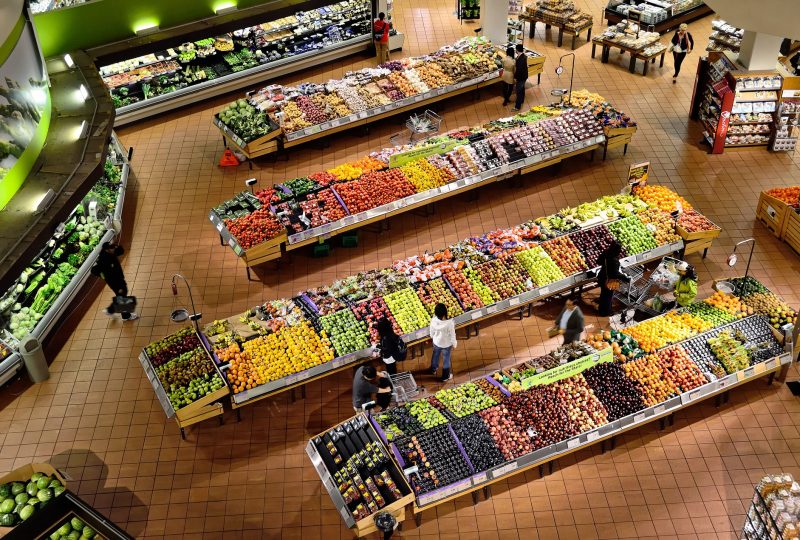Sustainability and nutrition. How to feed a growing world
27 November 2020 | Written by La redazione
In the last episode of 20 minutes from the future we interviewed James Rogers, founder and CEO of Apeel

According to some estimates, in 2050 the world population could reach 10 billion individuals. Already today tens of millions of people suffer from hunger, even if paradoxically we produce enough food to feed a population one and a half times the current one. The source of the problem is to be identified in food waste, a sad phenomenon that leads us to squander a third of the food we produce for problems related to distribution, to issues related to the marketability of products and their conservation.
Precisely in the latter field, a US startup, Apeel, has developed a sustainable solution that can extend the shelf life of some products: an natural, tasteless, odorless, edible peel capable of prolonging the freshness of fruit and vegetables. We talked about how to feed a growing world in a sustainable way and how to fight food waste with James Rogers, founder and CEO of Apeel.
A food Tax. “The magnitude of food waste is staggering, the estimate is today that food waste is a 2.6 trillion dollar tax on the food system annual and the sad part is that everyone involved in the food system, so everyone that eats, is paying part of that tax. And the reason for this is the fact that when you pick a piece of food it is a living breathing thing, has a limited period of time that is alive. If you don’t find a home for that item in that period of time that food is wasted”.
A transportation and refrigeration issue. “If you look at where the food waste is happening in our society today it happens in a different part of the supply chain depending on where you’re living in the world. In places like the US and Europe almost all of our waste is happening in on grocery store shelves and people’s homes, there is very little waste during transportation. If you zoom in on emerging markets, like sub-Saharan Africa or Southeast Asia almost none of the losses are happening in the retail market or people’s home, almost all of those losses are happening in the supply chain. The reason for that is in “developed economy” we have very sophisticated refrigerated infrastructure, […] but in emerging markets that don’t have that refrigerated infrastructure you have a tremendous waste that happens from the farm to the market”.
Find out how Apeel works and listen to the rest of the interview:





